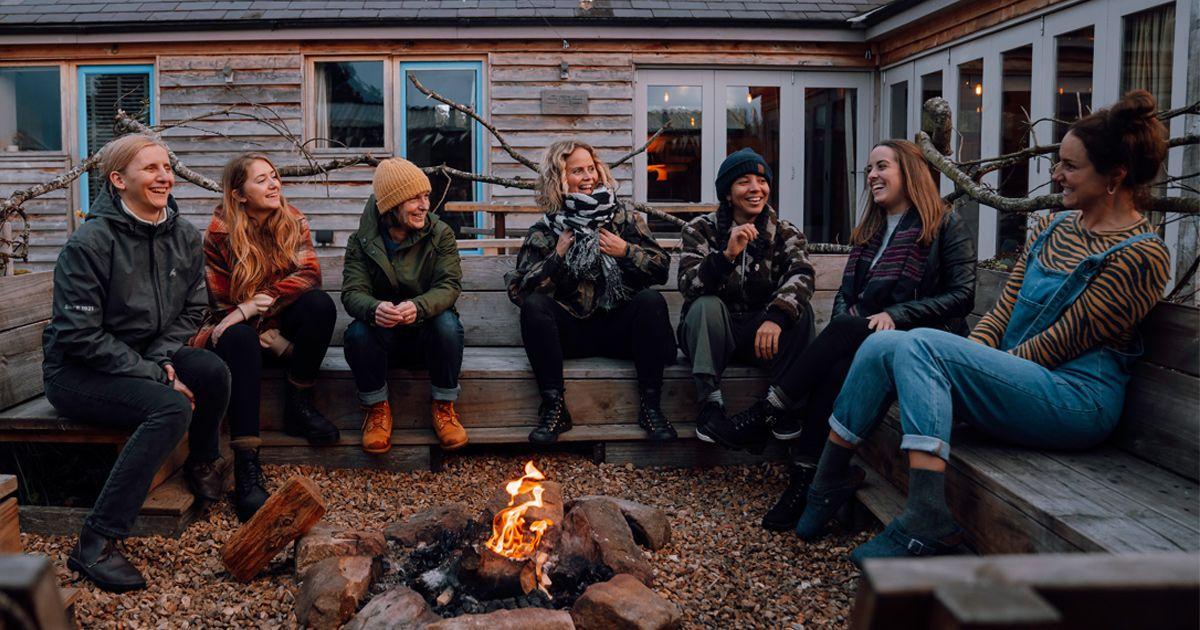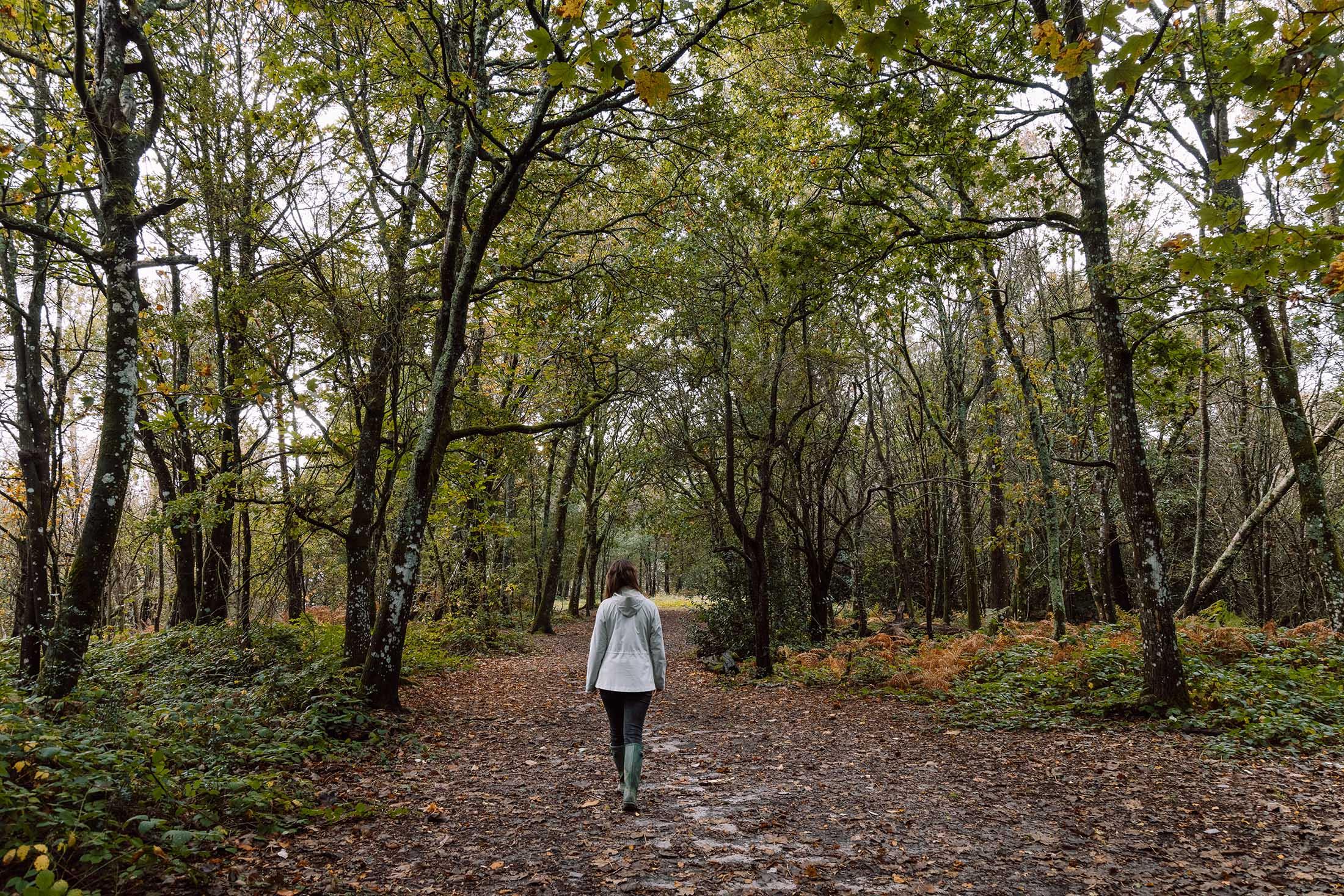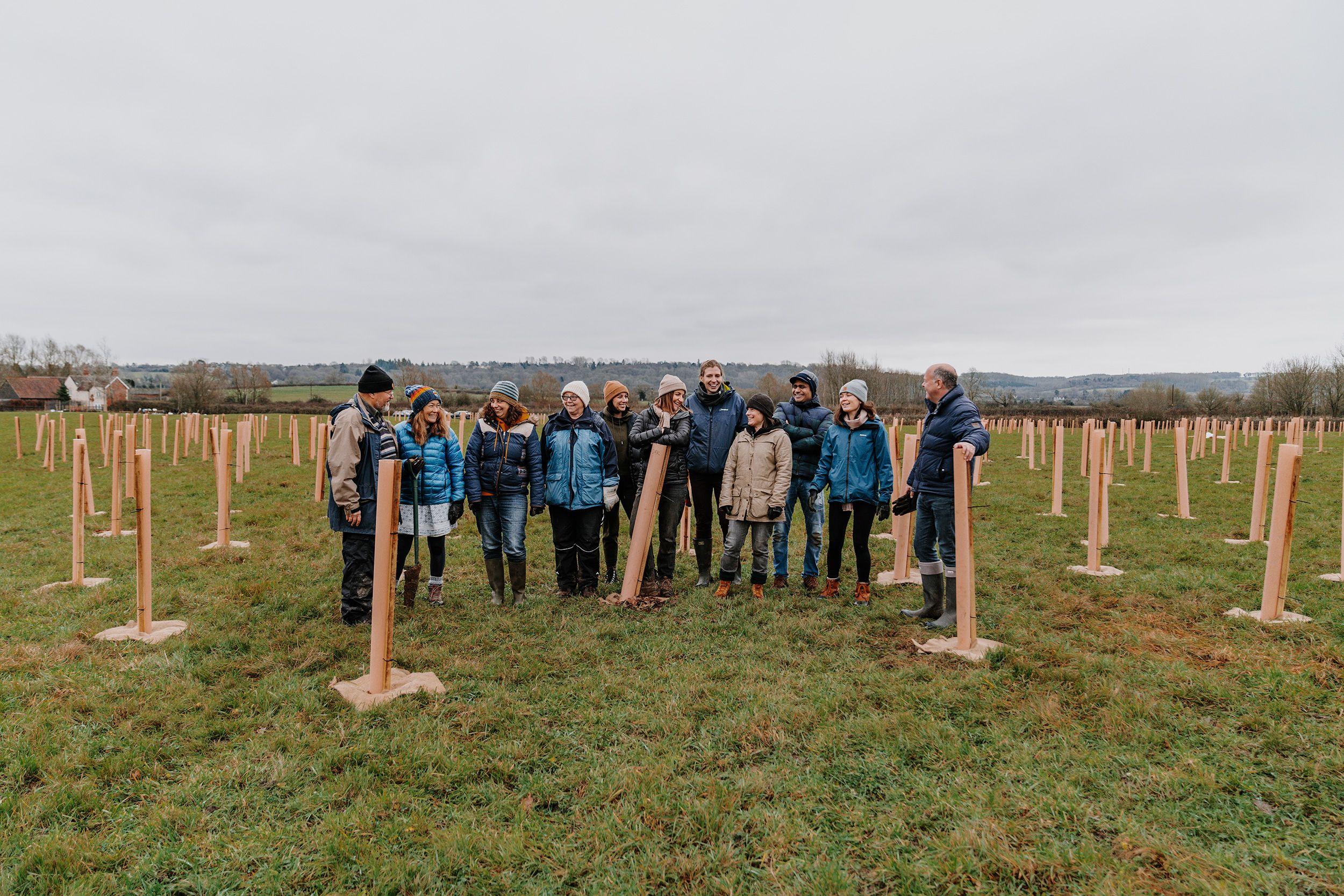What is sustainable tourism?
Tessa Holmes is the Sustainability & Impact Manager for the Sawday’s family of companies. She's tasked with making sure we do everything we can to limit our impact and work to help tackle the environmental problems the world currently faces. She currently lives in a yurt, so you know she's serious.
Sustainable tourism is a tricky term to pin down. I’ve seen it used to talk about everything from electric cars and staycations to airport food and days out with local fishermen. It’s one of several phrases (eco tourism, green travel etc) currently flying around and making it easy to become confused by the terminology of this fast-changing landscape. Only a few years ago we were all proudly using the planting of trees to offset our emissions, but today offsetting is a dirty word with which no business of any standing wants to be associated. But does that mean we stop planting trees and supporting great environmental and social causes? Of course not. For me, sustainable tourism is as good a term as any, just as long as we’re talking about the issues and inspiring action.
As Sustainability & Impact Manager for the Sawday’s family of companies, I see my job as getting people thinking and talking, inside and outside our company. If you want to look at sustainable travel from the point of view of biofuels and low-carbon transport, great. If you want to look at limiting the number of times you travel, the destinations you choose or the manner in which you visit them, that’s great too, because the only thing that really matters is having a more considered approach.
For me, sustainable tourism, or whatever you want to call it, is just that - rethinking some of our assumptions about travel, making the right choices and, yes, making some sacrifices too. We all need to reduce everything we consume, but we all live vastly different lifestyles and the outcome of those reductions is relative. Tom may have decided to only take one flight a year, whilst Harry has vowed never to fly again. What's important here is that we commit to making reductions on how much we consume, whilst reconsidering our expectations of what we 'must have'.
We can try and cut down on the journeys we make, or the distances we cover. We can minimise the impact of those we do make. Some of us can now even take our work along and mitigate the need to dash out and back as quickly as possible. Does it mean not going to those far flung destinations you’ve had on your list for years? Frankly, it might, but we can no longer pretend that it’s possible for us all to charge across the globe without consequences.
Those consequences aren’t just environmental either. That’s the one place that sustainable tourism falls down as a term, in my opinion. There’s an implication, through the use of “sustainable” in various other contexts, that if we could only find a way to make jumbo jets and cruise ships less harmful to the environment, we’d all be fine to carry on travelling as we do now, when the effects of our current habits go far beyond carbon emissions. That’s why I prefer to talk about “travelling better” when discussing the umbrella of issues the travel industry should be dealing with.
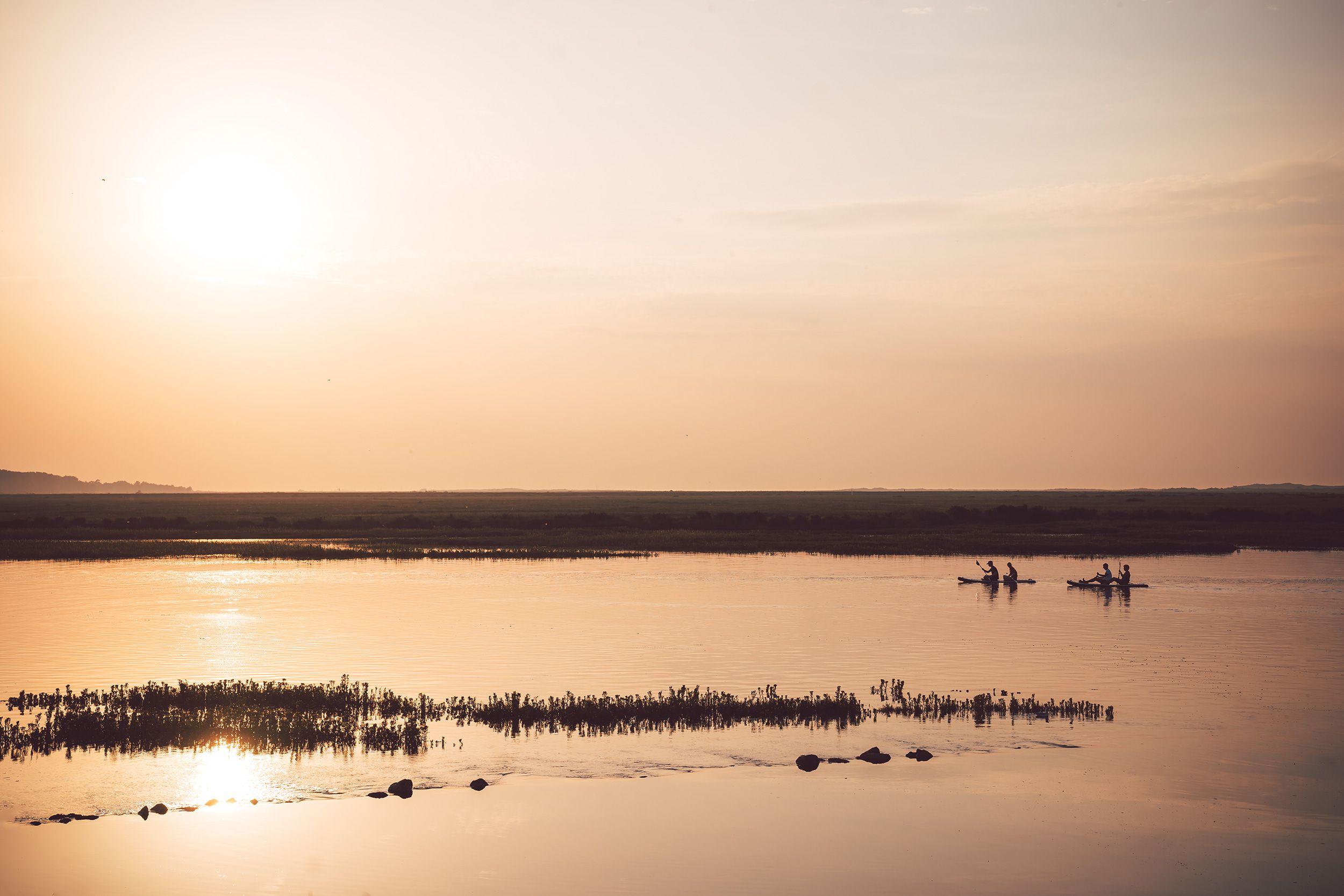
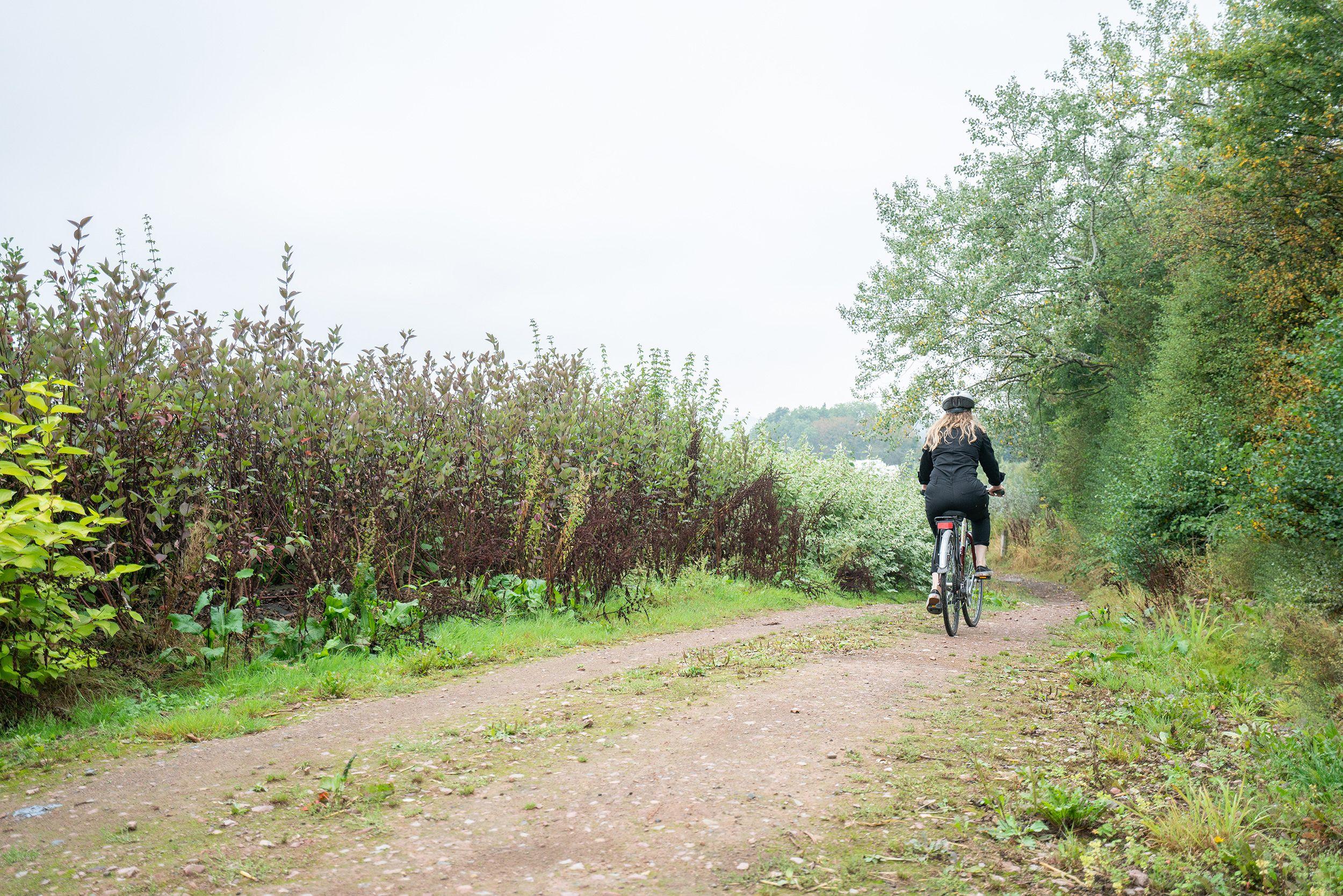
Travelling better means caring for the place you’re visiting, investing time getting to know a place and it's people, not heading there to get a couple of photos and tick it off a list. Of course there’s an environmental component to that, but it also means thinking about yourself as briefly becoming part of the community you’re visiting, and that’s not easy to do when most of the community has been driven out by hordes of tourists and property prices inflated by a preponderance of holiday lets.
For years, we’ve prided ourselves, perhaps even flattered ourselves a little, that we’re part of the solution to this problem. We choose our places carefully, looking for passionate, independent owners and doing our best to attract guests who want to travel more slowly and with more care. But we are still encouraging travel and we have to push ourselves further. We recently launched a survey of all our property owners, designed to help them and us understand and reduce their direct carbon emissions, and refining our in-house practices. We’re also introducing a bold Destination Capping policy to help combat overtourism.
This policy will limit the numbers of places we work with in areas that suffer from overtourism. It means we’ll make less money than we could, but we aspire to make decisions as a business with radical integrity. We know we won’t always get it right, but we trust our community of like-minded owners, team members and guests to engage with what we’re trying to do and help us make more and more effective change.
We have to remember that travel is a privilege, one we should honour and treat with respect. There is value in visiting beautiful places. If we all stayed in our homes, disconnected from different places and cultures, we’d not allow our minds to be broadened and inspired. We should still pursue the unique feeling it gives us, but make sure that the places we visit are only enhanced by our being there and that they will be around to offer the same joy to future generations. In that sense at least, sustainable tourism is exactly what we’re after.





